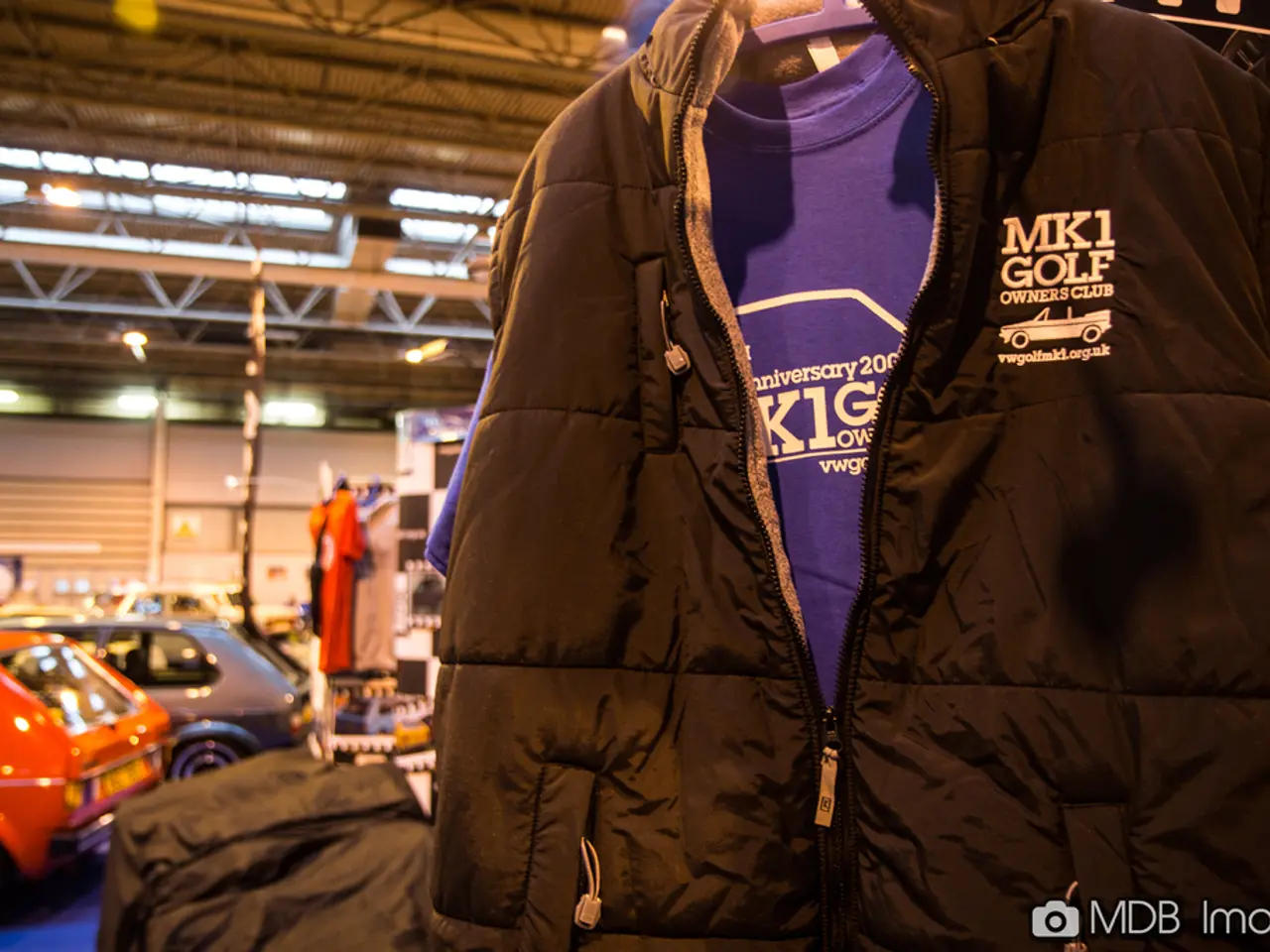States facing hardship due to Trump's tariffs; a particular one potentially thriving instead - States enduring Trump's tariffs' impact - one state potentially gains advantage
The impact of U.S. President Donald Trump's tariffs on German industries varies significantly across the country, with some states like Lower Saxony, Baden-Württemberg, and the Saarland experiencing more severe consequences compared to others, according to an analysis by the Ifo Institute.
In the hardest-hit states, the automotive sector is most directly impacted. Lower Saxony, home to Volkswagen and related supply chains, has seen a significant reduction in car exports to the U.S., with a 25% drop in May 2025. However, domestic production has rebounded strongly due to increasing demand for electric vehicles (EVs). Automakers like Volkswagen are pivoting toward EV innovation to navigate tariff pressures and mitigate export losses. Some production is also being shifted closer to the U.S. market to avoid tariffs, as seen with Mercedes-Benz manufacturing some vehicles in Alabama.
Baden-Württemberg, known for its high concentration of automotive giants like Mercedes-Benz and BMW, is also facing pressures from U.S. tariffs on car exports. Companies are adapting by expanding EV production and partially localizing manufacturing in the U.S., which helps soften tariff impacts. Mercedes-Benz, specifically, has a partial tariff shield through its Alabama factory, which produces about 35% of the cars it sells in the U.S.
Hamburg, on the other hand, is less dependent on automotive manufacturing and more diversified industrially, including aerospace and logistics. While the state may face indirect pressures through supply chains and export diversification challenges, it is comparatively less affected by direct tariff hits on large manufacturing exports.
The Ifo Institute has analysed three different tariff scenarios: product-specific tariffs only, a mix of base and product-specific tariffs, and the reciprocal tariffs proposed by Trump. In the product-specific tariffs scenario, Lower Saxony experiences the largest loss at 2%, while Hamburg sees a slight gain of 0.7%. In the reciprocal tariffs scenario, Hamburg has the smallest loss at -1.5%, while Baden-Württemberg and the Saarland have declines of up to 3%.
Structural differences between the states, particularly the presence of the automotive industry, play a decisive role in the impact of Trump's tariffs. Hamburg's focus on other vehicle manufacturing, including shipbuilding, could potentially offset the negative effects of tariffs on other industries.
The key to the impact of the U.S. tariffs lies in the tariff policy the U.S. government pursues after the 90-day negotiation period, according to the Ifo Institute. The institute's head of the Dresden branch, Marcel Thum, suggests that Hamburg's focus on other vehicle manufacturing could offset the negative effects of tariffs on other industries.
In conclusion, the automotive sector in Lower Saxony and Baden-Württemberg is most directly impacted, leading to strategic shifts toward EV production and partial relocation of manufacturing to the U.S. to bypass tariffs. Hamburg faces less direct tariff pressure but is still vulnerable to broader trade and logistics disruptions due to its role as a commercial and transport hub. Despite these tariff-related challenges, the German industrial sectors are showing resilience through adaptation and export diversification.
[1] https://www.bloomberg.com/news/articles/2021-04-05/mercedes-benz-s-a-g-may-shift-more-car-production-to-the-u-s [2] https://www.reuters.com/article/us-usa-trade-germany-idUSKCN1R127L [3] https://www.bloombergquint.com/global-economics/german-cities-to-feel-different-effects-from-us-tariffs [4] https://www.reuters.com/article/us-usa-trade-germany-ifo-idUSKCN1R127L
- The diverse employment policies across German states are evident as the automotive sector, a significant part of policy under employment in regions like Lower Saxony and Baden-Württemberg, feels the brunt of U.S. tariffs more than others, such as the more diversified industrial state of Hamburg.
- The finance sector, particularly in the context of policy-and-legislation and politics, plays a crucial role in the adaptations made by companies like Volkswagen and Mercedes-Benz in response to U.S. tariffs, such as the pivoting towards EV innovation, expanding EV production, and partial localization of manufacturing in the U.S.
- The business community, being aware of the potential impacts of trade policies and general news, has navigated tariff pressures by implementing strategies aimed at export diversification and mitigating losses, as seen in the case of Lower Saxony, Baden-Württemberg, and other regions, with Hamburg demonstrating resilience through its focus on other vehicle manufacturing sectors.




